Azerbaijan marked the 33rd anniversary of the Khojaly massacre, with Ombudsman Sabina Aliyeva calling for international recognition of the 1992 tragedy as an act of genocide and urging accountability for those responsible.
In a statement, Aliyeva condemned the massacre as one of the bloodiest chapters in modern history, describing it as part of Armenia’s long-standing policy of ethnic cleansing and hatred against Azerbaijanis.
On the night of Feb. 25-26, 1992, Armenian armed forces, with the support of the 366th Motorized Regiment of the former Soviet Army, invaded the town of Khojaly in Azerbaijan’s Nagorno-Karabakh region. The assault resulted in the deaths of 613 civilians, including 63 children, 106 women and 70 elderly people. More than 5,300 residents were forcibly displaced, and the fate of 150 people, including 68 women and 26 children, remains unknown.
Aliyeva said the massacre violated numerous international laws, including the 1949 Geneva Conventions, the Genocide Convention, the Convention on the Rights of the Child, and the International Covenant on Civil and Political Rights, citing breaches of fundamental rights such as the right to life and protection from torture.
The Azerbaijani parliament officially recognized the Khojaly massacre as genocide in 1994, following an initiative by the country’s late national leader, Heydar Aliyev, designating Feb. 26 as the Day of the Khojaly Genocide.
The “Justice for Khojaly” campaign, led by the Heydar Aliyev Foundation, has sought to raise global awareness of the massacre, pushing for its recognition as genocide. To date, 18 countries, 24 U.S. states, the Organization of Islamic Cooperation (OIC), and the Organization of Turkic States (OTS) have recognized the massacre as genocide or condemned the killings.
Aliyeva also highlighted recent forensic excavations in territories retaken by Azerbaijan during the 2020 Second Karabakh War and 2023 operations, which uncovered new mass graves, further evidencing atrocities committed during Armenia’s occupation.
Despite repeated calls, Armenia has not provided information on nearly 4,000 Azerbaijanis still missing from the First Karabakh War, Aliyeva said, nor has it disclosed the locations of mass graves.
The ombudsman referenced past statements from Armenian officials, including former President Serzh Sargsyan, as well as testimonies from individuals accused of war crimes, as evidence of the intentional nature of the Khojaly massacre. Books by Armenian figures, including Markar Melkonian and Zori Balayan, were also cited as sources confirming the scale of violence.
Aliyeva urged international organizations and world governments to formally recognize the Khojaly massacre as genocide and ensure those responsible face justice.
The statement was sent to the United Nations, the European Union, the Council of Europe, the Organization for Security and Cooperation in Europe, the Organization of Islamic Cooperation, and various ombudsman institutions, calling for global solidarity and legal accountability.

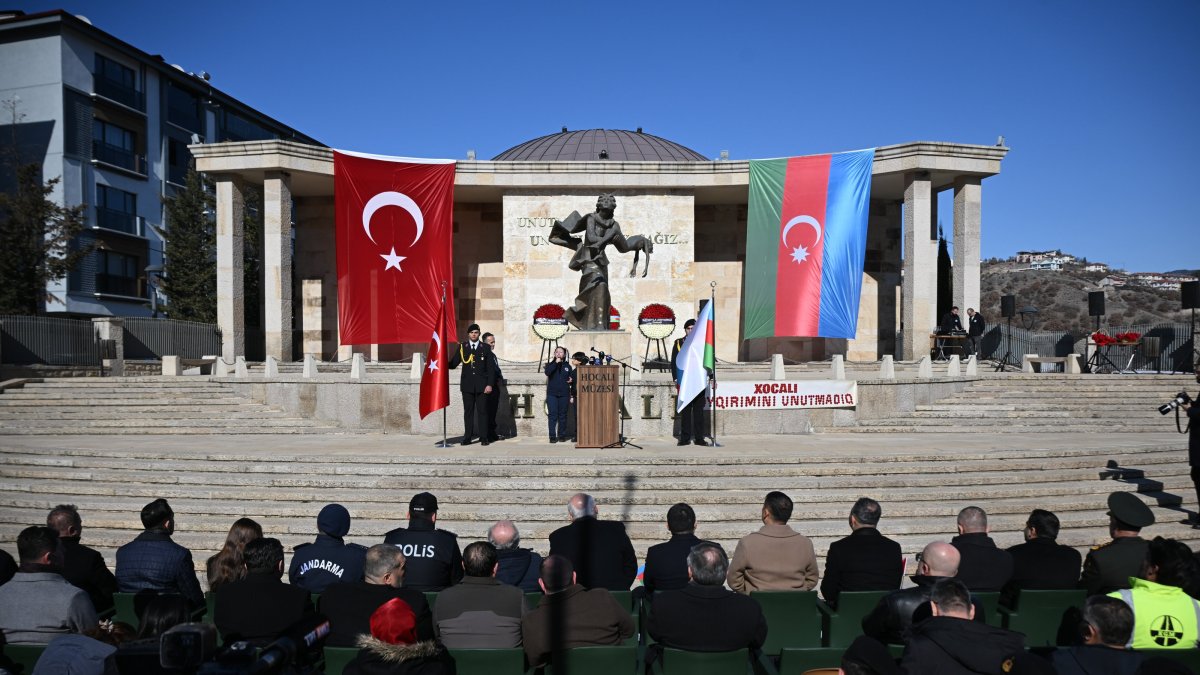
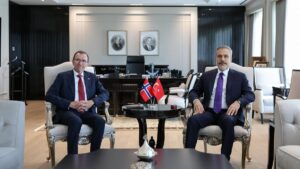
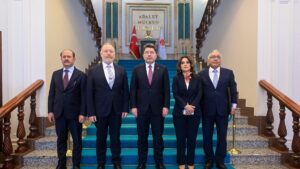

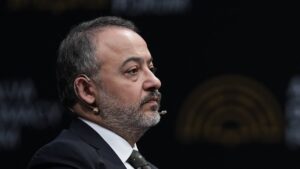
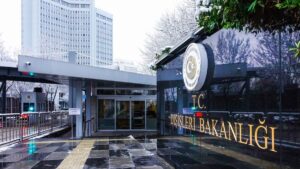

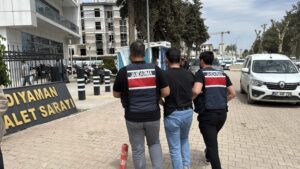
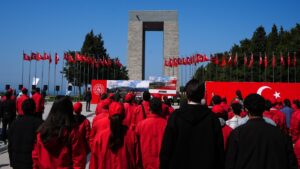
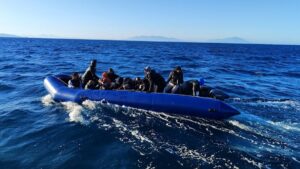
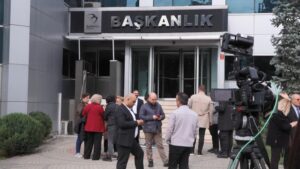
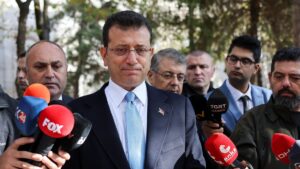
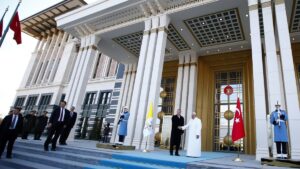
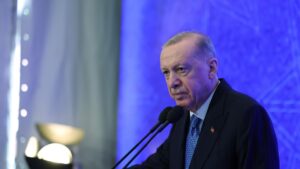
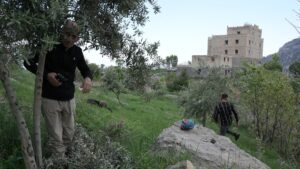
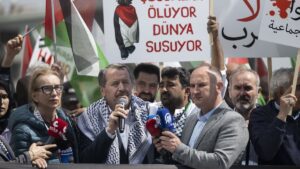
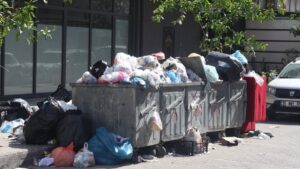
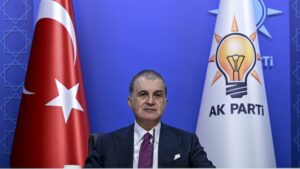
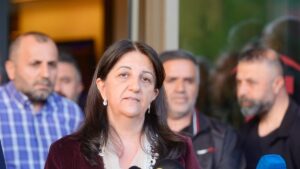

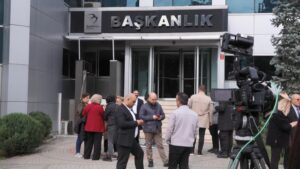
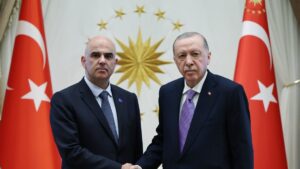

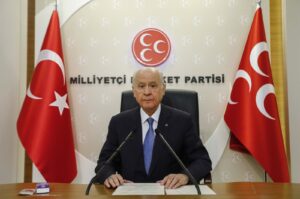
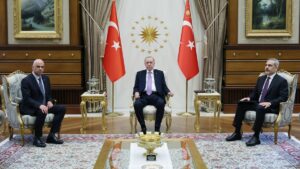
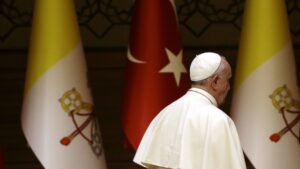
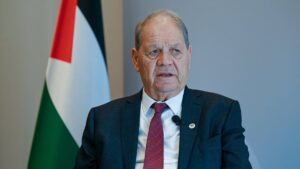
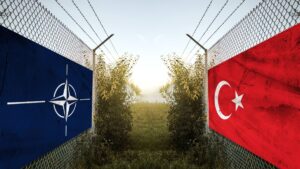
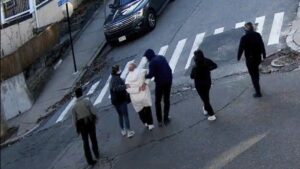
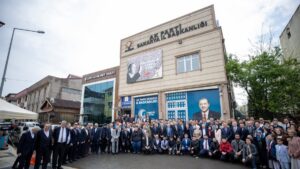

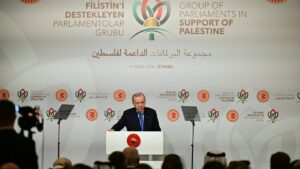
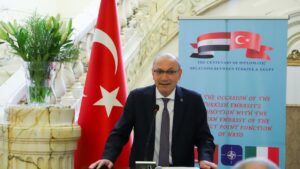
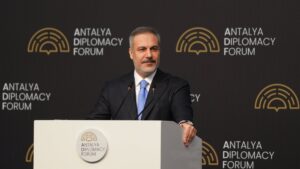

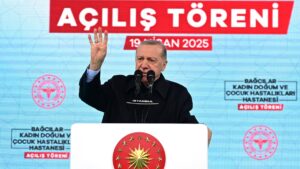
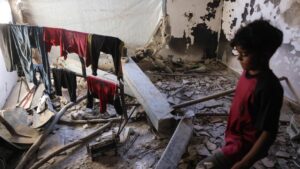
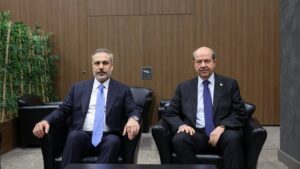


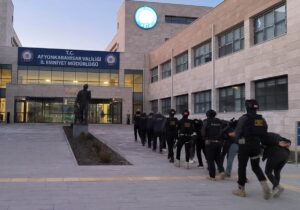
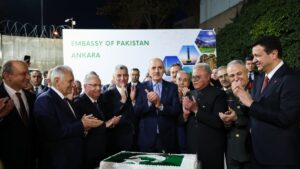
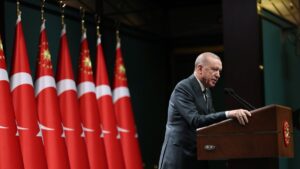

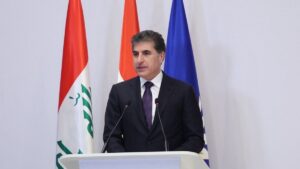
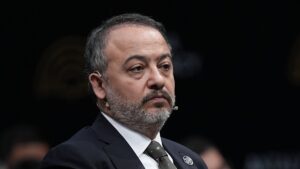
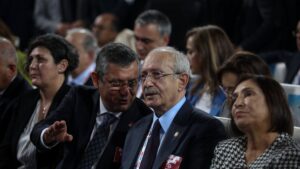
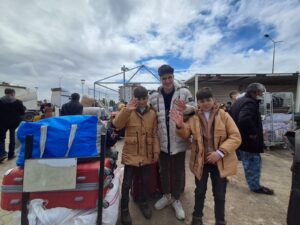
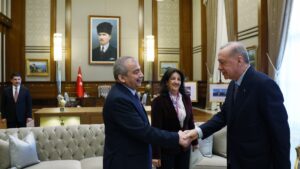
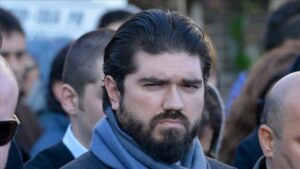
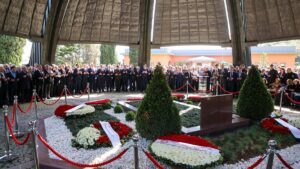
Be First to Comment